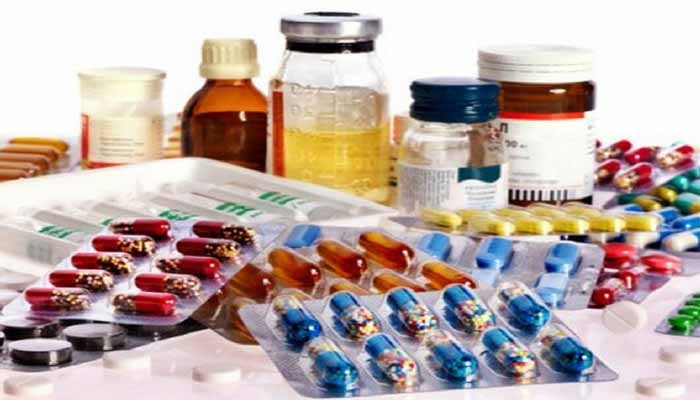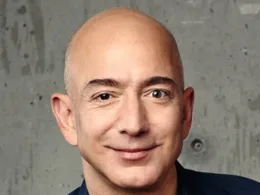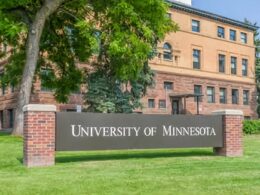The National Agency for Food and Drug Administration and Control (NAFDAC) has issued a critical alert to the public concerning the circulation of counterfeit cancer medications in Nigeria.
The counterfeit products—Phesgo® 600mg/10ml and Avastin 400mg/16ml—pose serious risks to patients and highlight the dangers of counterfeit drugs within the healthcare system, undermining legitimate treatments and public trust.
Counterfeit Phesgo® 600mg
In a statement released through its official X handle, NAFDAC reported the discovery of suspected counterfeit Phesgo® 600mg/10ml in Lagos. The flagged batch is labeled C5290S20, following a complaint from a doctor at Lagos University Teaching Hospital (LUTH-NSIA). The doctor reported that a patient had brought in the suspect product for administration, but it was intercepted before use.
Dr. Vincent Olatunji, National Commissioner of NAFDAC, stated:
“The product was reported to have been brought in by a patient for administration. It had not been administered at the time of the report, as it matched the previously reported counterfeit batch C3809C51.”
NAFDAC’s investigation revealed discrepancies confirming the product’s counterfeit status:
- The batch number did not exist in Roche’s database.
- The language on the labeling was inconsistent with genuine products.
- Tamper-evidence labels differed from authentic Roche materials.
- Incorrect bollino dates were observed.
Phesgo® is a vital injectable medication used in breast cancer treatment. It targets cancer cells, killing them and inhibiting their growth. The circulation of counterfeit versions endangers patients by depriving them of effective treatments.
Counterfeit Avastin 400mg
NAFDAC also flagged counterfeit Avastin 400mg/16ml in Kano and Abuja, identifying two batches: H0223B08 and H4239A70.
Batch H0223B08, reported by a pharmacist in Kano, was confirmed as counterfeit after NAFDAC determined it had been originally manufactured for Vietnam and expired in July 2022. Meanwhile, batch H4239A70, flagged by a pharmacist at the Federal Medical Center in Abuja, was also confirmed to be an untraceable and illegitimate Roche product.
Avastin is an anticancer medication used for treating various cancers, including kidney cancer, colon cancer, brain tumors, and cervical cancer. It works by inhibiting the formation of blood vessels that supply tumors, stunting their growth. Counterfeit Avastin deprives patients of its life-saving benefits and poses serious health risks.
Risks of Counterfeit Drugs
Counterfeit drugs can have devastating effects on health, as they often lack safety, quality, and efficacy. These illegal products threaten public trust in healthcare systems and can lead to severe health complications.
Dr. Olatunji emphasized:
“The illegal promotion or sale of counterfeit medicines puts people’s health at risk as it does not ensure the safety, quality, and effectiveness of the products.”
NAFDAC’s Call for Vigilance
In response to these findings, NAFDAC has called on stakeholders across the healthcare sector, including importers, distributors, retailers, and consumers, to exercise caution and source medications only from licensed suppliers.
The agency strongly urged:
“Anyone in possession of any of the counterfeit lots is advised to immediately discontinue sale or use and submit stock to the nearest NAFDAC office.”
Consumers who suspect they may have used counterfeit products are encouraged to seek immediate medical advice from healthcare professionals.
Reporting Counterfeit Products
NAFDAC has provided multiple channels for reporting suspected counterfeit products, ensuring swift action:
- Helpline: 0800-162-3322
- Email: [email protected]
Healthcare professionals can also report adverse events related to counterfeit medicines through NAFDAC’s E-reporting platforms or the Med-safety application.










Join our Channel...